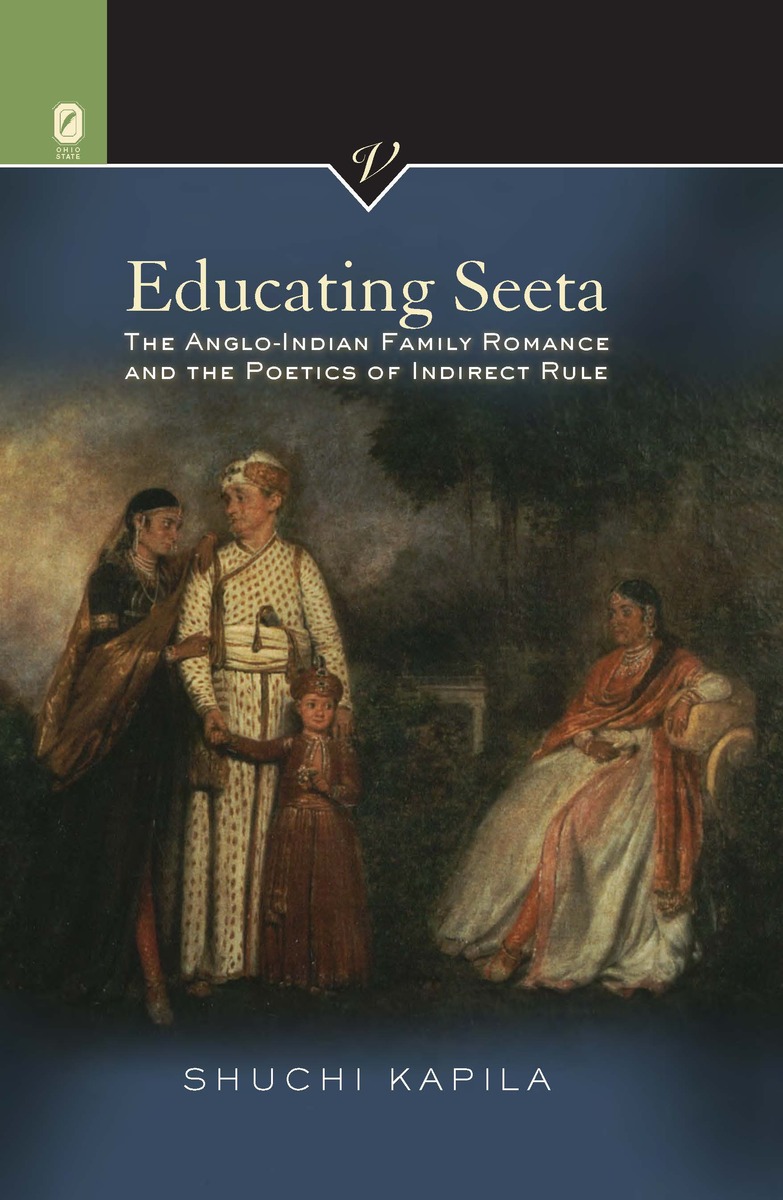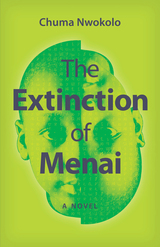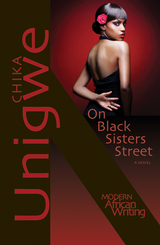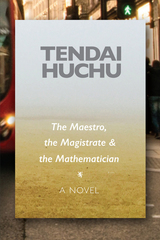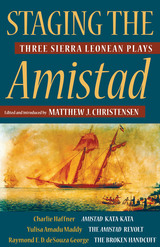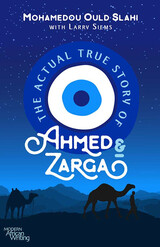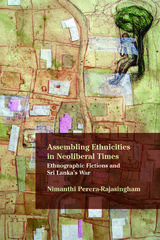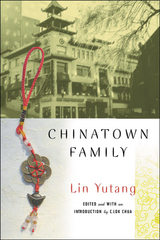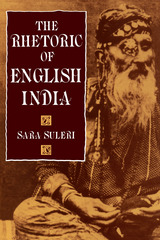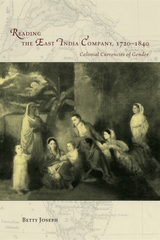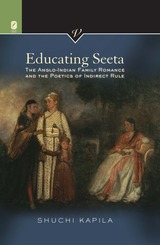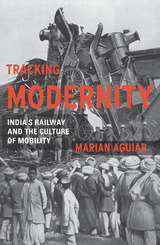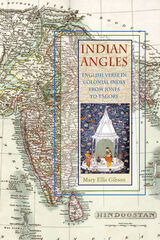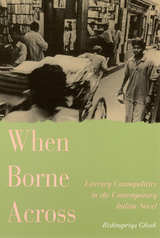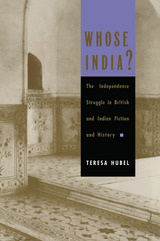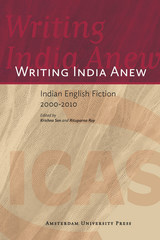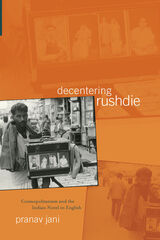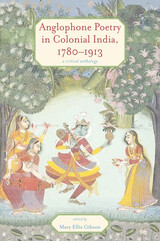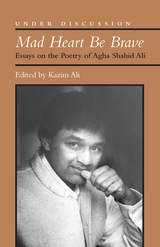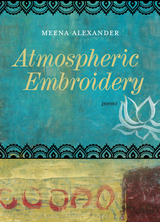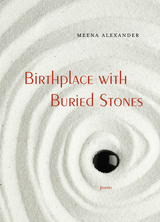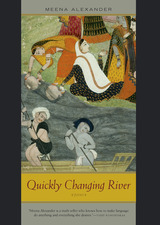Educating Seeta: The Anglo-Indian Family Romance and the Poetics of Indirect Rule
The Ohio State University Press, 2010
Paper: 978-0-8142-5653-4 | eISBN: 978-0-8142-7954-0 | Cloth: 978-0-8142-1126-7
Library of Congress Classification PR9489.5.K37 2010
Dewey Decimal Classification 823.80935854035
Paper: 978-0-8142-5653-4 | eISBN: 978-0-8142-7954-0 | Cloth: 978-0-8142-1126-7
Library of Congress Classification PR9489.5.K37 2010
Dewey Decimal Classification 823.80935854035
ABOUT THIS BOOK | AUTHOR BIOGRAPHY | REVIEWS | TOC
ABOUT THIS BOOK
Even though Edward Said’s Orientalism inspired several generations of scholars to study the English novel’s close involvement with colonialism, they have not considered how English novels themselves were radically altered by colonialism. In Educating Seeta, Shuchi Kapila argues that the paradoxes of indirect rule in British India were negotiated in “family romances” which encoded political struggle in the language of domestic and familial civility. A mixture of domestic ideology and liberal politics, these are Anglo-Indian romances, written by British colonials who lived in India during a period of indirect colonial rule. Instead of providing neat conclusions and smooth narratives, they become a record of the limits of liberal colonialism. They thus offer an important supplement to Victorian novels, extend the study of nineteenth-century domestic ideology, and offer a new perspective on colonial culture. Kapila demonstrates that popular writing about India and, by implication, other colonies is an important supplement to the high Victorian novel and indispensable to our understanding of nineteenth-century English literature and culture. Her nuanced study of British writing about indirect rule in India will reshape our understanding of Victorian domestic ideologies, class formation, and gender politics.
See other books on: Anglo-Indian literature | Domestic fiction, English | Indian women in literature | Indic | Indirect Rule
See other titles from The Ohio State University Press
